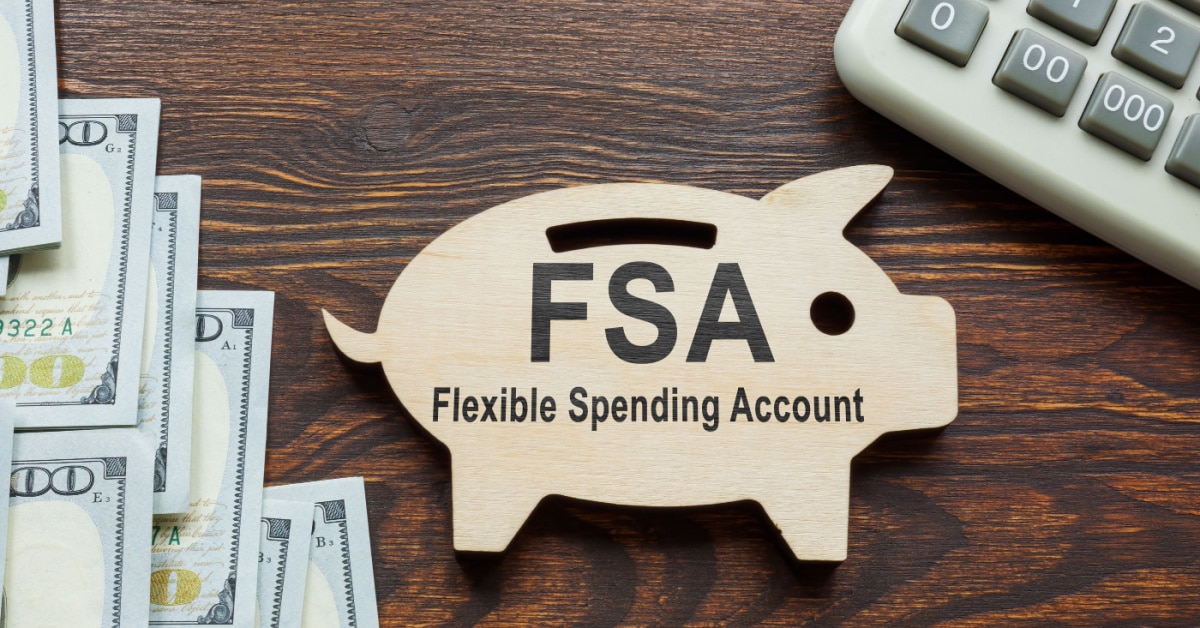With the average family health‑insurance bill now north of $25,000 a year and deductibles up nearly 50 % in the past decade it’s no wonder many households feel squeezed. But two powerful tools Health Savings Accounts (HSAs) and Flexible Spending Accounts (FSAs), can give you back some control over out‑of‑pocket medical expenses.
Quick Snapshot (2025 limits):
- HSA: $4,300 individual / $8,550 family + $1,000 catch‑up if you’re 55+ (IRS)
- FSA: $3,300 per person / $6,600 per household (Kaiser Permanente)
1. Meet Your New Allies: HSAs vs. FSAs
| HSA | FSA | |
|---|---|---|
| Who owns it? | You (even if you change jobs) | Your employer |
| Must-have plan | High‑deductible health plan | Any qualifying employer plan |
| Contribution | You + employer (pre‑tax) | You (via payroll) |
| Year-to-year rollover | 100 % | Up to $610 or 2½‑month grace period (if offered) |
| Investing your funds | Yes—grow tax‑free! | No |
| Portability | Goes with you | Stays with your employer |
2. Why Now Is the Time to Act
- Soaring premiums: Since 2000, family premiums have jumped nearly 300 %, forcing many workers to spend the equivalent of over five weeks’ pay just on coverage before seeing a doctor¹.
- Bigger deductibles: Today’s average family deductible eclipses $3,700,before any insurer help kicks in¹.
- Employer cost‑shifting: Narrower networks, more prior‑authorizations, tiered drug tiers… employers are offloading more costs onto employees every year.
How to fight back? By tucking away pre‑tax dollars now, you shrink your taxable income and build a buffer for tomorrow’s medical bills.
3. Real‑World Scenarios
- Growing your family
From prenatal checkups to that first pediatrician visit, baby-related health expenses stack up. An FSA can front those costs within the plan year, while an HSA lets you bank any unused dollars for future pediatric care. - Switching jobs
Stuck with a high‑deductible plan? No problem, your HSA stays with you when you move on, making it a true financial asset you control. - Managing a chronic condition
Between specialist copays and routine prescriptions, chronic‑care costs can overwhelm a household. HSAs offer the added benefit of tax‑-free investing: think of it as a mini “retirement fund” earmarked solely for healthcare. - Caring for aging parents
Respite care, prescriptions, home modifications… long‑term caregiving costs can skyrocket. Both HSAs and FSAs (where allowed) can ease the burden by smoothing out cash flow.
4. Top Tips to Maximize Your Savings
- Estimate your outlays: Use online calculators to gauge expenses, baby delivery, glasses, dental work, you name it, and pick the right contribution level.
- Know your eligible expenses: From bandages to blood‑pressure monitors, IRS Publication 502 lists every qualified cost.
- Check for employer perks: Some employers sweeten the pot with HSA seed contributions or allow a small FSA rollover.
- Invest your HSA: If you don’t need every dollar this year, put it in a low‑cost index fund inside your HSA. Your balance can grow tax‑free, and you’ll appreciate that cushion down the road.
- Revisit after life events: Marriage, a new child, or a job change are all qualifying events that let you tweak HSA/FSA elections outside the usual open‑enrollment window.
5. Watch Out for Penalties
- HSA non‑qualified withdrawals: Before age 65, non‑medical uses trigger ordinary income tax + 20 % penalty; after 65, only income tax applies.
- FSA “use it or lose it”: Spend down your balance before year‑end or the grace period (if offered), otherwise, the money disappears.
Take the Next Step
- Log in to your employer benefits portal today.
- Run the numbers with an HSA vs. FSA calculator.
- Enroll in the plan that lets you sleep better at night.
With health costs climbing faster than ever, every pre‑tax dollar you save is a small victory—and a big boost to financial peace of mind.
Sources:
- MoneyGeek, Family Premium Trends, April 29 2025
- Kaiser Permanente, 2025 FSA Contribution Guide, June 2 2025
- IRS Publication 969, Health Savings Accounts and Other Tax‑Favored Health Plans, May 29 2025
This post is for informational purposes only and does not constitute tax or legal advice. Please consult your financial or legal advisor for guidance tailored to your circumstances.

